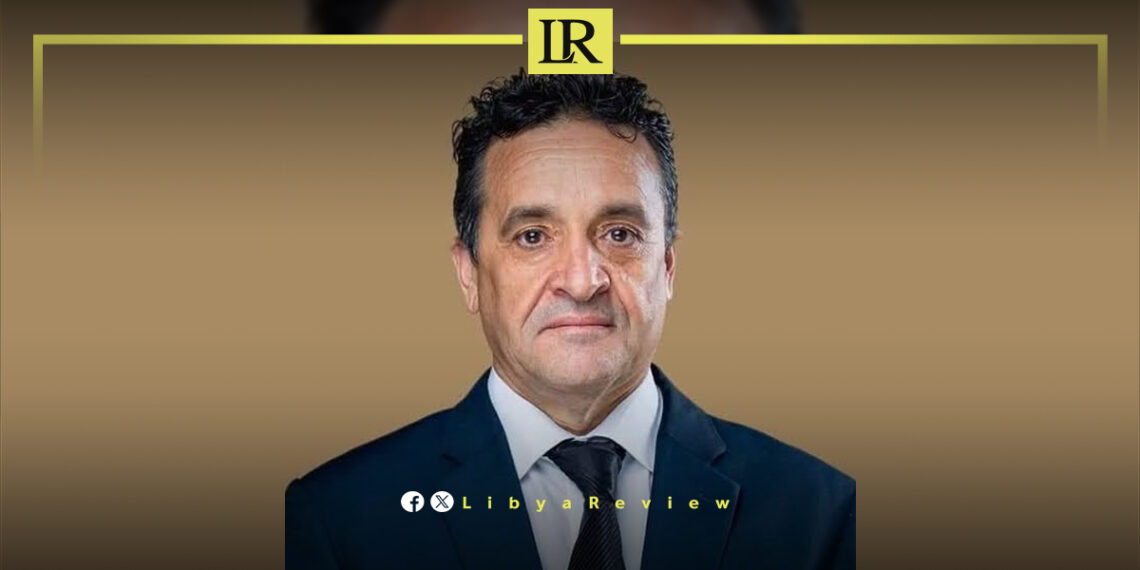Salama Al-Ghuwail, Head of the Competition and Anti-Monopoly Council, has warned that Libya is currently governed by conflicting structures, describing the situation as a “state managed by two governments, a dual economy, and clashing legitimacies.”
In a post on his official Facebook page, Al-Ghuwail criticized the role of international actors, stating: “The international community is deepening the division.”
He stressed that the only path to stability is through a unified Libyan leadership that puts an end to the game of external interference. “There is no solution without a Libyan-led authority that reclaims sovereignty and rebuilds the state based on national ownership and public participation—not on political spoils,” he said.
Al-Ghuwail’s remarks come at a time of growing domestic frustration with the ongoing political stalemate and international inaction, as Libya remains split between rival administrations in the east and west.
Libya has been in chaos since a NATO-backed uprising toppled longtime leader Muammar Gaddafi in 2011. The county has for years been split between rival administrations.
Libya’s economy, heavily reliant on oil, has suffered due to the ongoing conflict. The instability has led to fluctuations in oil production and prices, impacting the global oil market and Libya’s economy.
The conflict has led to a significant humanitarian crisis in Libya, with thousands of people killed, and many more displaced. Migrants and refugees using Libya as a transit point to Europe have also faced dire conditions.
The planned elections for December 2021 were delayed due to disagreements over election laws and the eligibility of certain candidates. This delay has raised concerns about the feasibility of a peaceful political transition.
Despite the ceasefire, security remains a significant concern with sporadic fighting and the presence of mercenaries and foreign fighters. The unification of the military and the removal of foreign forces are crucial challenges.


